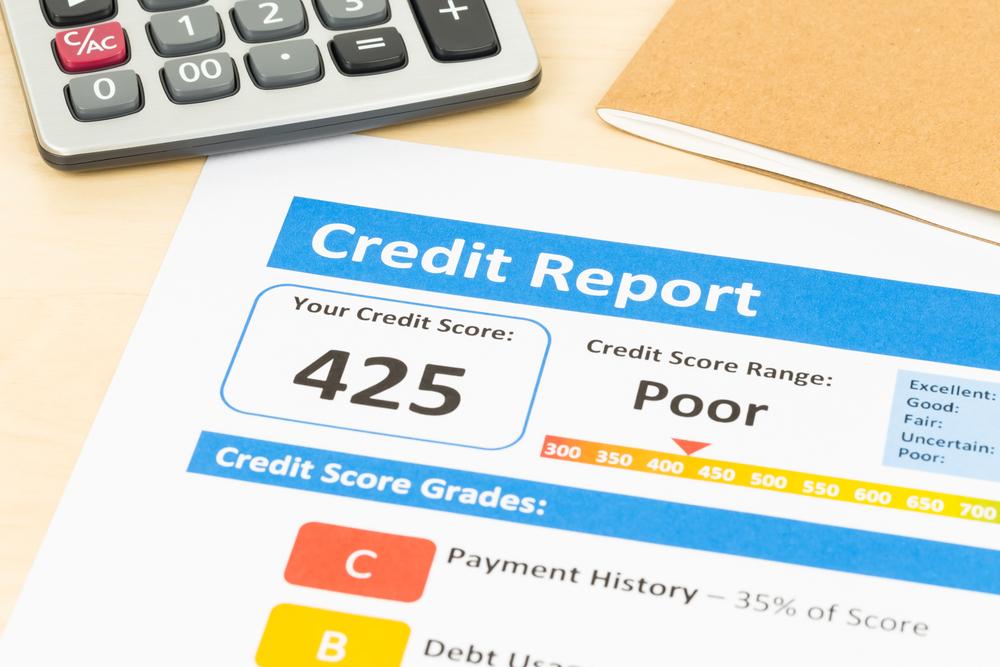Proven Methods to Boost Your Credit Score Effectively
Discover comprehensive strategies to boost your credit score efficiently. Learn how regular credit report reviews, timely debt payments, managing your credit utilization ratio, maintaining old accounts, and seeking professional advice can significantly enhance your creditworthiness. These actionable tips are essential for securing better loan terms, lower interest rates, and long-term financial stability. Maintain proactive financial habits and monitor your credit regularly to achieve and sustain a high credit score, unlocking improved financial opportunities and peace of mind.

Having a robust credit score is vital for accessing the best loan options, favorable interest rates, and other financial benefits. Your credit score serves as a reflection of your creditworthiness and financial habits, impacting your ability to secure mortgages, credit cards, and even employment opportunities in some cases. Therefore, understanding how to improve and maintain a high credit score is essential for achieving long-term financial stability.
Many individuals overlook the importance of regularly checking their credit reports. Identifying errors, outdated information, or signs of fraud can make significant differences in your credit health. Fortunately, there are several proven strategies and proactive steps you can take to enhance your credit profile effectively. From reviewing your credit reports periodically to maintaining responsible credit use, every action counts towards building a better financial future.
Understanding the Significance of a Good Credit Score
A good credit score not only facilitates easier approval for loans but also results in lower interest rates and better loan terms. It demonstrates to lenders that you are reliable and capable of managing debt responsibly. Conversely, a poor or damaged credit score can hinder financial opportunities and lead to higher borrowing costs. Hence, working towards boosting your score has tangible benefits that impact your financial stability and growth.
Assess Your Credit Report Regularly
The first step in enhancing your credit score is to obtain and scrutinize your credit reports from major bureaus such as Equifax, Experian, and TransUnion. By law, you are entitled to a free annual report from each agency. Carefully review these reports for any inaccuracies, outdated accounts, or discrepancies. Errors such as mistaken identities, incorrect balances, or outdated negative marks can unfairly lower your score. If you find inaccuracies, dispute them promptly to ensure they are corrected or removed.
Pay Debts on Time and Reduce Outstanding Balances
Consistently paying bills on time is one of the most significant factors influencing your credit score. Late payments can stay on your report for up to seven years, negatively impacting your score. Setting up automatic payments or reminders can help you stay current. Additionally, reducing your overall outstanding debt, especially high-interest credit card balances, can improve your credit utilization ratio, which is the percentage of your available credit used at any given time. Lower utilization ratios are viewed positively by lenders.
Maintain Older Credit Accounts
Length of credit history is an important component of your credit score. Keeping older accounts open and active helps establish a longer credit history, which can boost your score. Even if you no longer use some accounts regularly, keeping them open can reflect positively on your financial stability. Be cautious about closing accounts that have positive payment histories, as this could shorten your credit length and potentially lower your score.
Manage Your Credit Utilization Ratio
Your credit utilization ratio is calculated by dividing your total credit card balances by your total credit limits. Experts recommend keeping this ratio below 30%, with some suggesting even lower ratios for optimal scoring. To improve this metric, consider paying down existing balances, requesting higher credit limits, or spreading out your balances across multiple cards. Monitoring your utilization regularly can help maintain a healthy credit profile.
Limit New Credit Applications
Applying for several new credit accounts in a short period can be viewed negatively by lenders, as it may suggest financial distress or overextension. Each application results in a hard inquiry, which can temporarily lower your credit score. To avoid this, plan your credit applications strategically, and only apply when necessary. Maintaining a stable credit environment reflects positively on your creditworthiness.
Seek Professional Assistance if Needed
If you're struggling to improve your credit score independently, consider consulting a credit counseling service or financial advisor. Professional assistance can help identify issues on your report, develop personalized strategies, and negotiate with creditors if necessary. Their expertise can accelerate your progress toward a healthier credit profile and stronger financial standing.
Stay Proactive and Informed
Enhancing your credit score is an ongoing process that requires vigilance and responsible financial habits. Regular monitoring, disciplined debt management, and staying informed about changes in credit scoring models can help you adapt your strategies. Resources such as credit monitoring services provide alerts about new inquiries or changes to your report, enabling you to address issues promptly.
Overall, by understanding the elements that influence your credit score and implementing effective strategies, you can significantly improve your financial health. Remember, building and maintaining a strong credit profile is a marathon, not a sprint. Consistent effort and responsible financial behavior will open doors to better financial opportunities and a more secure future.





